The lively island nation of the UK is a popular destination for expats from around the world. With friendly locals, cozy pubs, and beautiful countryside littered with majestic homes and castles, you’ll soon warm to your new home. But whether you’re moving to London, Llanelli, or the mysterious shores of Loch Ness, there are a few things you need to do during your first week in the UK.
As any seasoned expat will tell you, your first few days in a new country can be a confusing rollercoaster of emotions and tasks. From knowing where to buy children’s medication to finding out your local bus schedule, navigating everyday life in your new home can be challenging. So, to help you out, here are 10 things you should do during your first week in the UK.
1. Find your new home in the UK
Once you’ve landed on UK soil, you’ll need to find somewhere to sleep that evening. Some lucky arrivals will already have their accommodation sorted before their first week in the UK; whether it’s arranged through their company or booked ahead of time as part of their moving checklist. But even if you are settling in the UK without somewhere to stay, you have options. To start with, you may consider a holiday let to tide you over. These can be found almost everywhere across the country, and are often your best bet for accommodation outside the large cities. However, in these cities, you may prefer a serviced apartment, which provides a great home away from home without the stresses of renting.
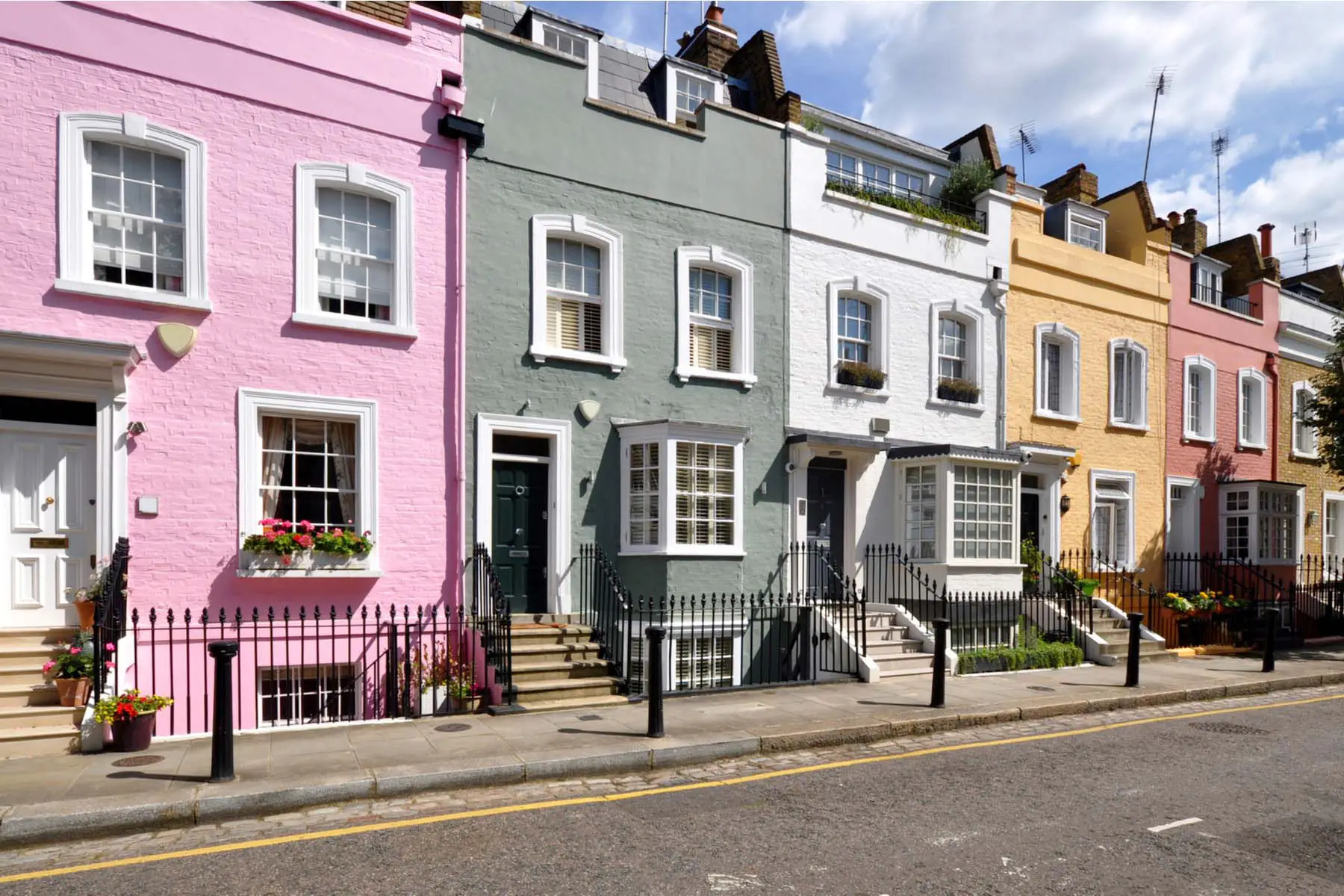
Alternatively, you might want to consider something a little more permanent and rent a property in the UK. Just bear in mind that prices vary significantly across the country, and you can expect to pay the most for rental properties in London. Costs are generally a lot lower in other major cities, and you’ll find rent to be surprisingly affordable in smaller towns. If you’re thinking about buying a home in the UK, then you’ll want to do your research before diving straight into the local property market. A good place to start is an online property portal or a local estate agent who can help you with the process. Useful websites include:
2. Register with the authorities
If you’re a new arrival in the UK, you may need to register with the local authorities during your first week in the country. Whether you need to do this will largely depend on your individual circumstances. This is typically based on your nationality and type of visa, so make sure to do your research. If you do need to register, it will be written on your entry visa vignette. To register, you’ll need to visit your local police station with the necessary information and documents. You will then receive a Police Registration Certificate (PRC) and will typically need to register within seven days. It is important to be aware that failing to do so could lead to a hefty fine.
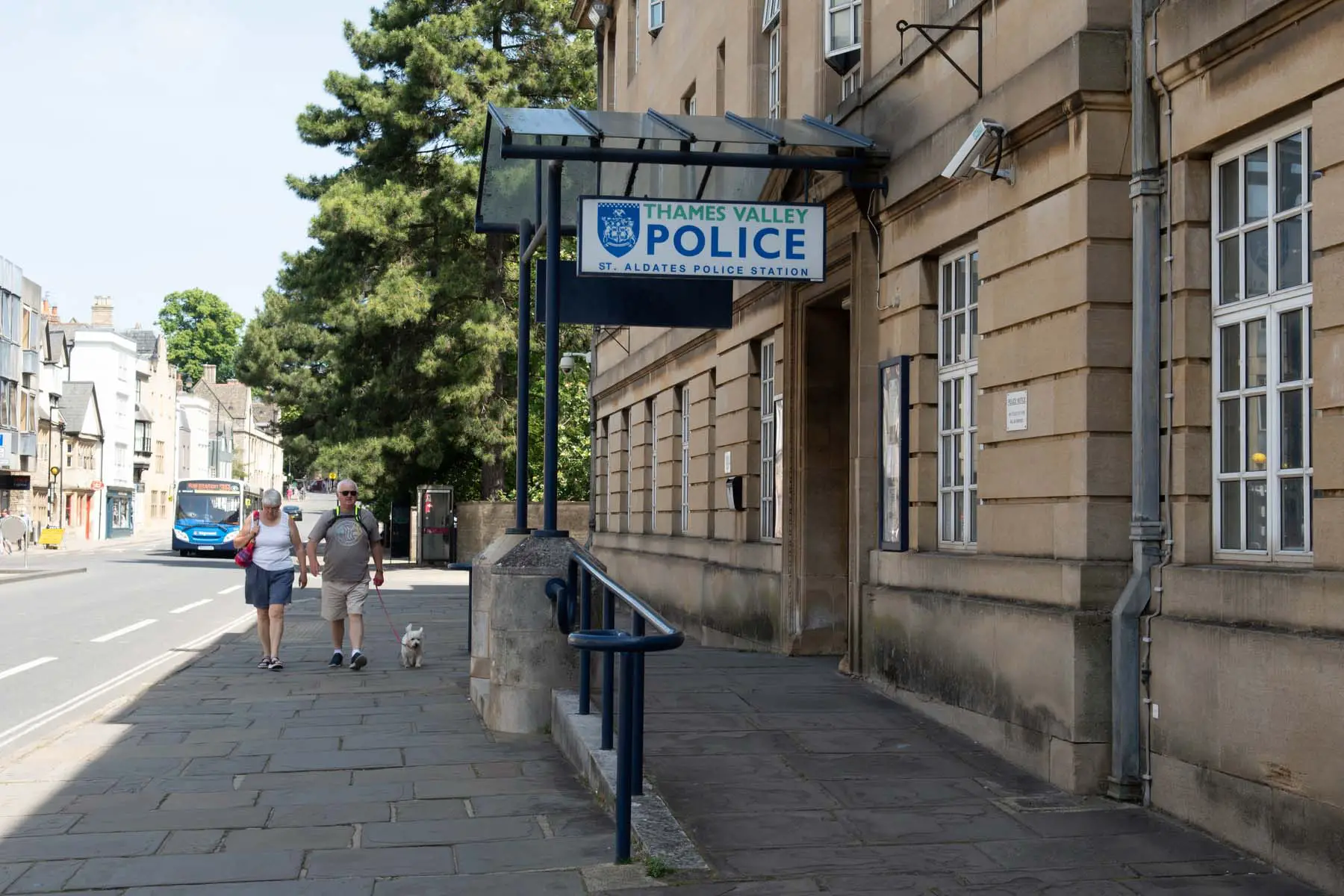
Even if you don’t need to register with the authorities as you’re settling into life in the UK, you will still need to apply for a National Insurance (NI) number. This is essential for many aspects of life in the UK, such as starting a new job, paying taxes, and applying for certain financial products. Thankfully, the application process is relatively straightforward and you can apply online. However, as part of the process, you will need to provide certain documentation. Be aware, too, that it can take up to 16 weeks to receive your NI number, although you can start working before this.
3. Arrange your health coverage
The UK’s healthcare system is called the National Health Service (NHS) and provides free care at the point of access. If you’re settling in the UK, you’ll soon realize just how proud the locals are of the NHS and how important it is to their wider cultural identity. However, despite the many benefits of the NHS, it is typically under-resourced and waiting times can be lengthy. The system can also be hard to navigate. While most expats do sign up with their local NHS doctor, many also take out private health coverage that can supplement the state system. Some of the global health insurers operating in the UK include:
For more information on finding coverage and signing up, read our guide to health insurance in the UK.

It’s not just health coverage that you’ll need to consider as you’re settling in the UK, though. Indeed, there are a number of other insurance products you may wish to take out. For example, to legally drive in the UK, you will need car insurance. You may also want home insurance for your house, such as building or contents coverage. There are also a number of other insurance policies to consider if you’re relocating. To give you an idea, read our guide to insurance in the UK.
4. Open a UK bank account
If you’re looking for ways to make settling in the UK a little easier during your first week, then you’ll want to open a UK bank account. It doesn’t matter whether you’re hitting the shops, paying utility bills, or even signing up for a UK SIM card, a local bank account can make things run much smoother. It can also make it easier to enjoy all those fun new experiences, from catching a cricket game with the kids to drinking a pint at your local pub.

There are a number of national and international retail banks in the UK, such as HSBC, NatWest, and Lloyds. Alternatively, you can open an account with a building society; member-owned institutions that are very popular in the UK. Building societies include Nationwide and Yorkshire Building Society. The easiest way to open an account is by visiting your local branch, although some offer online sign-up processes too. You can also sign up for a mobile bank in the UK.
If you need to transfer money from home, you can also check out money transfer platforms such as CurrencyFair and Wise.
5. Get a UK SIM card
An important part of settling in the UK is getting your hands on a local SIM card. Not only will this give you a cheap and easy way to keep in touch with your friends back home, but it will also mean that you’re more contactable in the UK. Having a local number is important if you’re looking for a job in the UK, too. Whatever your reason, getting a UK SIM card can make a big difference to your life. And this is especially true if your existing mobile operator doesn’t offer free roaming in the UK.

You have two options when it comes to a UK SIM card: a prepaid SIM or a cell phone contract. The right option for you will depend on your circumstances, and there are a surprising number of UK mobile operators to choose from. These include:
Whichever network you choose, be sure to download these must-have apps while you’re settling in the UK.
6. Find a job
Some new arrivals will be settling in the UK with a job already secured. However, others will need to start looking for a job during their first week in the UK. If you’re in the latter camp, then you’ll probably want to start your job hunt as soon as possible. Generally speaking, your employment options will differ throughout the country. For example, you’ll find the highest concentration of jobs available in the larger cities, such as London and Manchester. However, there are opportunities everywhere, including a lot of casual and seasonal work in the UK’s many touristic regions.

Whether you’re moving to Belfast or Brighton, it’s always a good idea to hit the ground running when it comes to finding a job. This includes tailoring your resume (or CV) to the local job market to give yourself the best shot at bagging that all-important interview. A good place to start when looking for a job is a recruitment agency or online job site, such as our very own Expatica jobs board. For more information, you can also read our article on finding a job in the UK.
7. Sort out your transport
Whether you’ve moved to Sheffield or the remote Shetland Islands, one of the first things you’ll need to arrange while settling into life in the UK is your transport. Naturally, your options will largely be dictated by where you decide to live. For instance, in some large cities such as London and Manchester, the local public transport system means you can get around easily. However, in others, such as Cambridge, you’ll want to fit in with the locals and live sustainably on two wheels.
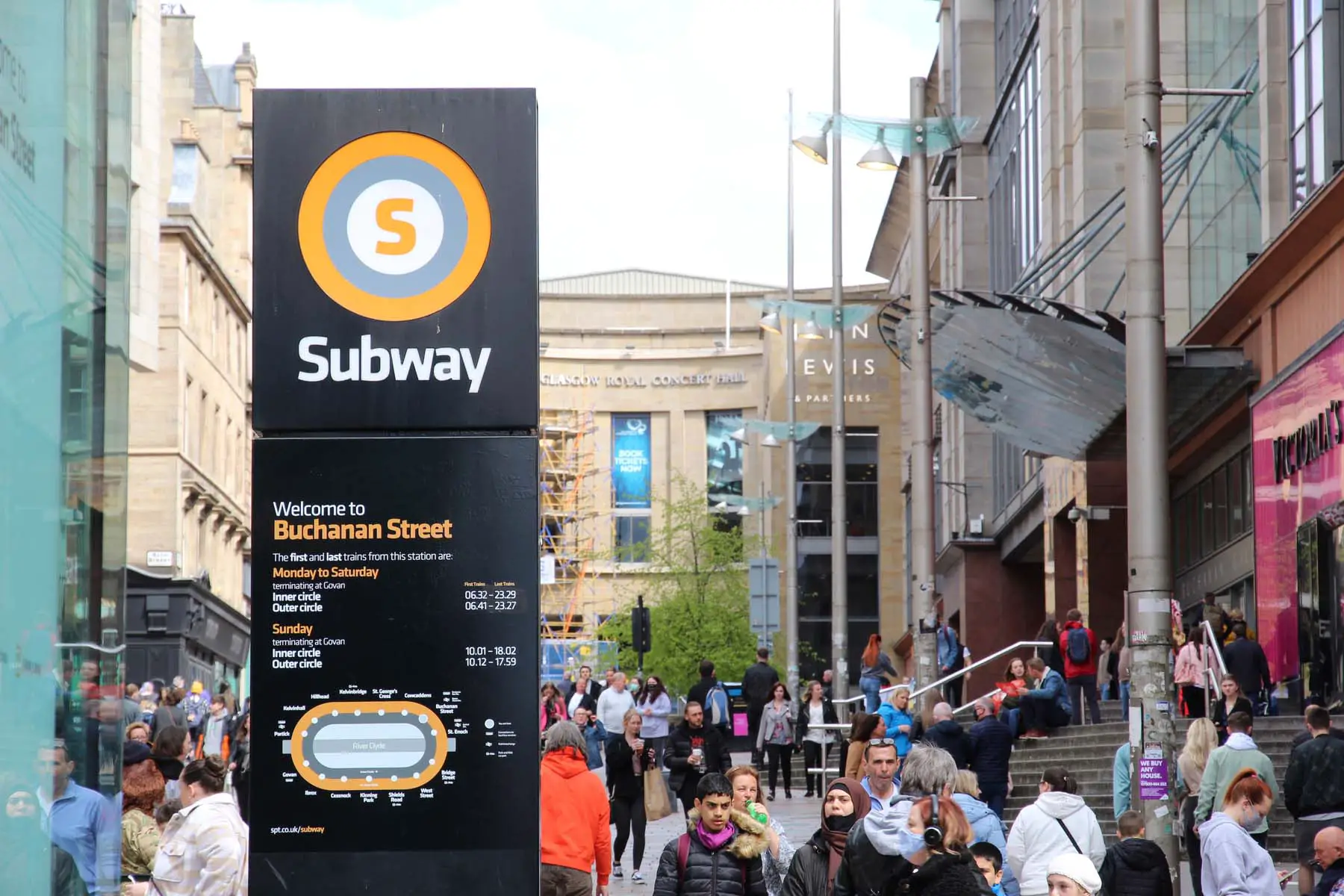
That said, in much of the country, poor and declining public transit infrastructure means that there is little option but driving. If you plan to drive in the UK, remember to do your research ahead of time to ensure that you’re on the left side of the road and the right side of the law. New arrivals may be able to use their existing license on UK roads. However, some will need an International Driving Permit, and others may prefer to apply for a local license. This is especially true if you’re planning a long-term stay.
8. Get your new home connected
Are you settling into your brand new home in the UK? Then you’ll need to get it hooked up to all the relevant connections. The first thing you should arrange is your utilities, such as gas and electricity. Understanding utilities in the UK can be confusing for new arrivals, so do your research beforehand to avoid getting caught out. Some of the main energy companies in the UK include:
You’ll also need to set up an account with your local water provider. Some rental homes will already have these connections sorted. However, many will not. If you’re arranging a flatshare, you will likely need to split the utility costs with your housemates.
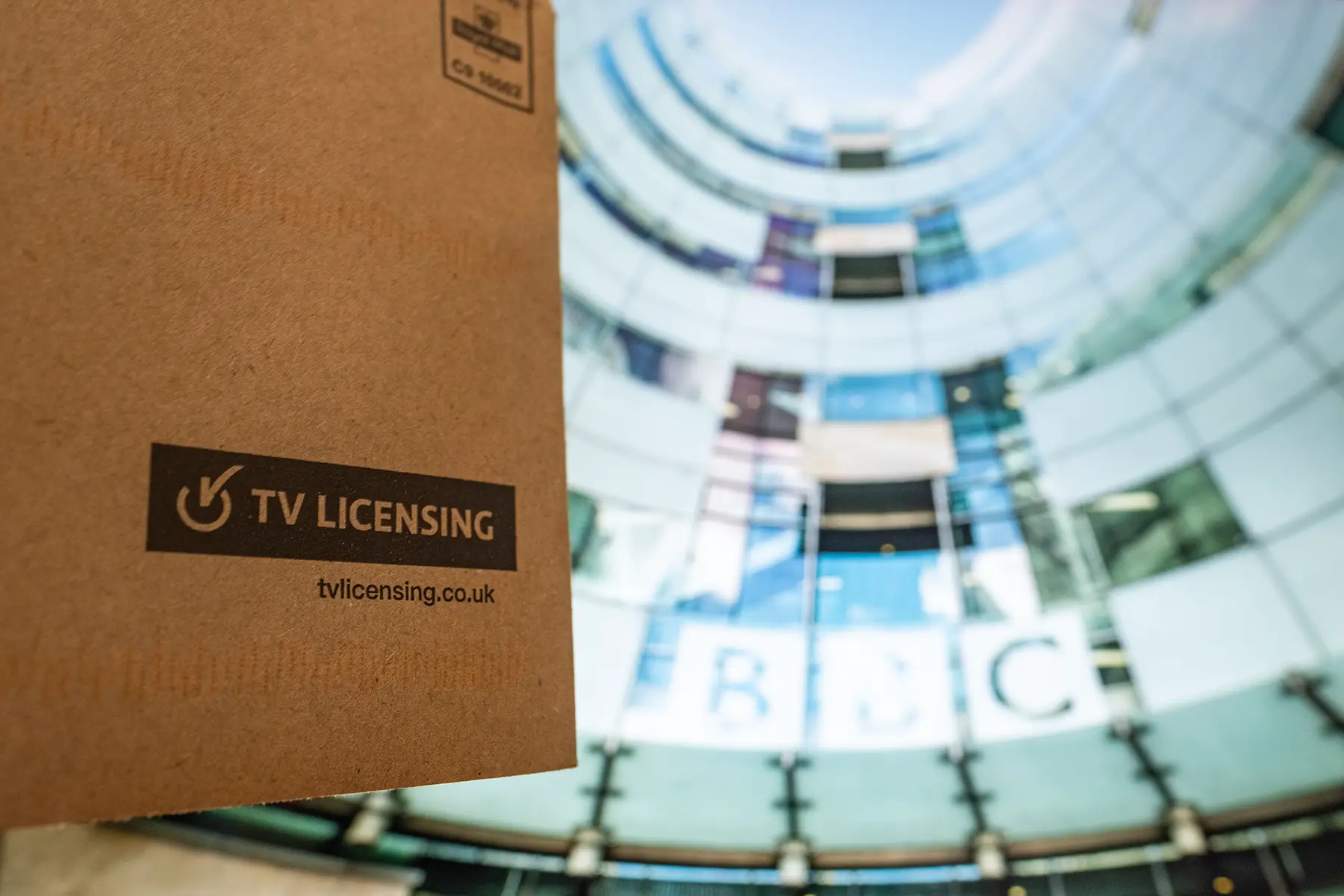
Once you’ve got your energy connections sorted out, you can start thinking about setting up the internet, home phone, and TV. This is relatively straightforward in the UK – especially if you already have a phone line connected. However, the UK market is a competitive place, so be sure to find the right options for you and your family’s usage. Internet providers in the UK include BT and Sky.
These companies also offer TV packages, which allow you to access the best channels from the UK and beyond. Just remember to research your options if you’re looking for certain channels, such as sports or foreign programming.
9. Enroll the kids at school
If you’re moving to the UK with kids, then you’ll need to find them a place at a local school. To help you understand your options, it’s important to research the local UK education system. If you decide to enroll them in a local primary or secondary school in the UK, then you’ll need to contact your local municipality as soon as possible to find out more. State schools in the UK are your cheapest option when it comes to schooling, although education standards can vary significantly across the country.
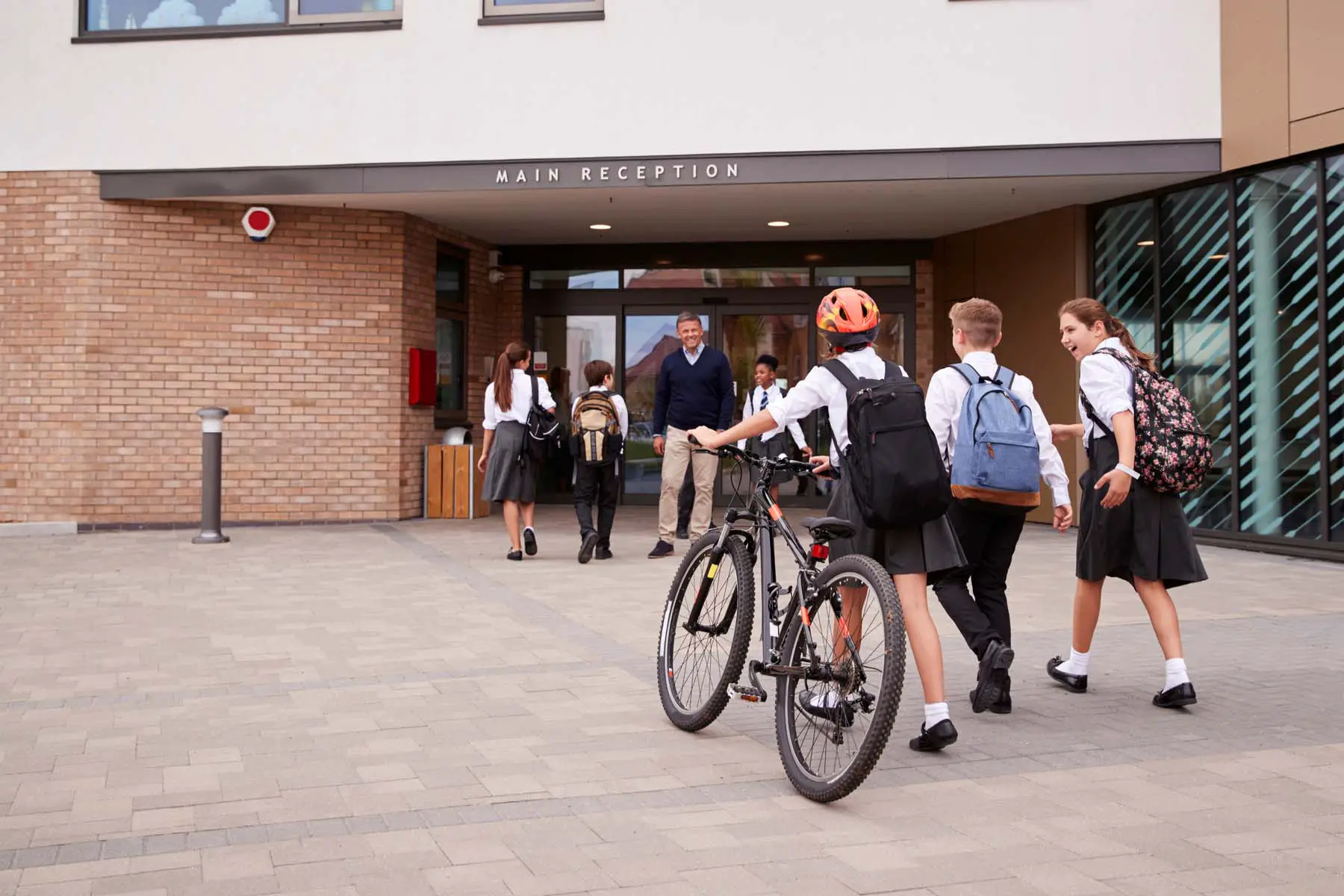
An alternative to the local school is the many private schools in the UK, including some international schools. The latter might be your best bet if you’re looking for a specific education program, such as the International Baccalaureate (IB), although this is available in some state schools. If your kids are a little younger, then you’ll want to look into childcare in the UK. Just be aware that while international options, such as French-speaking nurseries, exist in London, they will be limited outside of the capital.
10. Get out there and enjoy the UK
If this list sounds a little too much like hard work, then it’s time to relax. You only move to the UK once, so it’s important to get out there and enjoy your first week. And you’ll soon find that there’s a whole host of exciting things to do in your new home that don’t include comparing energy costs or researching school options. Whether it’s visiting your nearest museum, taking a hike through the exquisite countryside, or simply sampling the local tipples at your nearest pub, there’s something for everyone.

If you’ve moved to the capital, then make sure to check out London’s many parks and gardens or take a boat ride down the Thames. In Edinburgh, you can hit the iconic Old Town or venture up to Arthur’s Seat. Meanwhile, the Welsh countryside is littered with majestic castles, and the cosmopolitan buzz of Manchester or Leeds is the perfect complement to a walk on the moors. If Cornwall is your new home, then try to catch a show at the iconic Minack Theatre while the Atlantic roars below. There is something for everyone on these islands, so get out there and live it!


